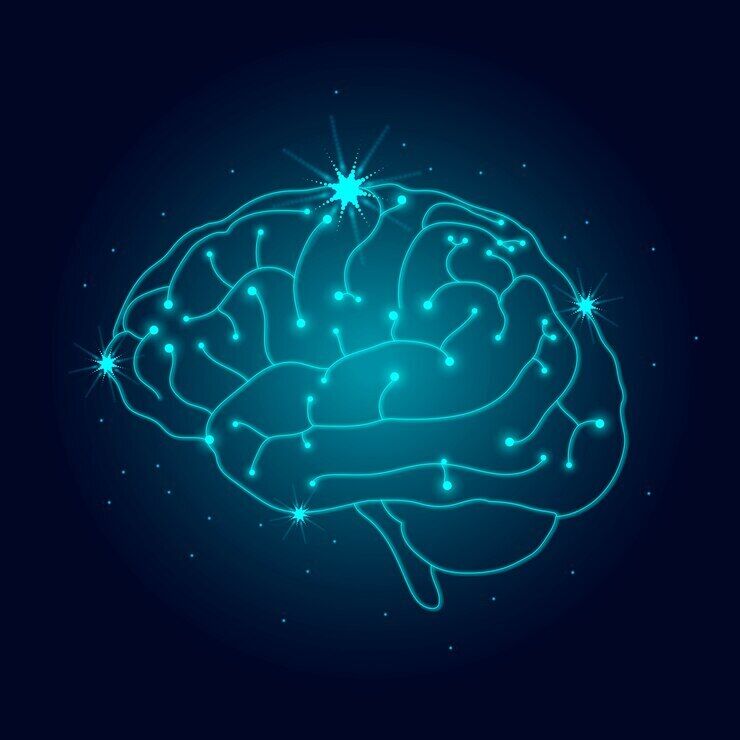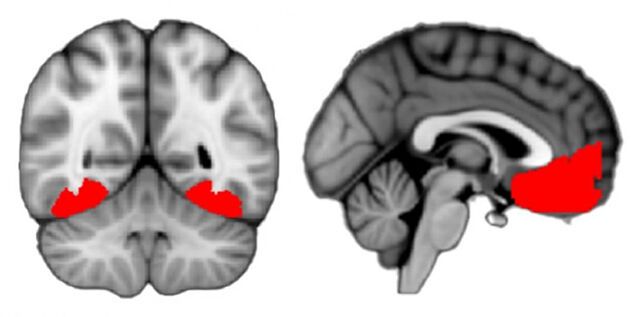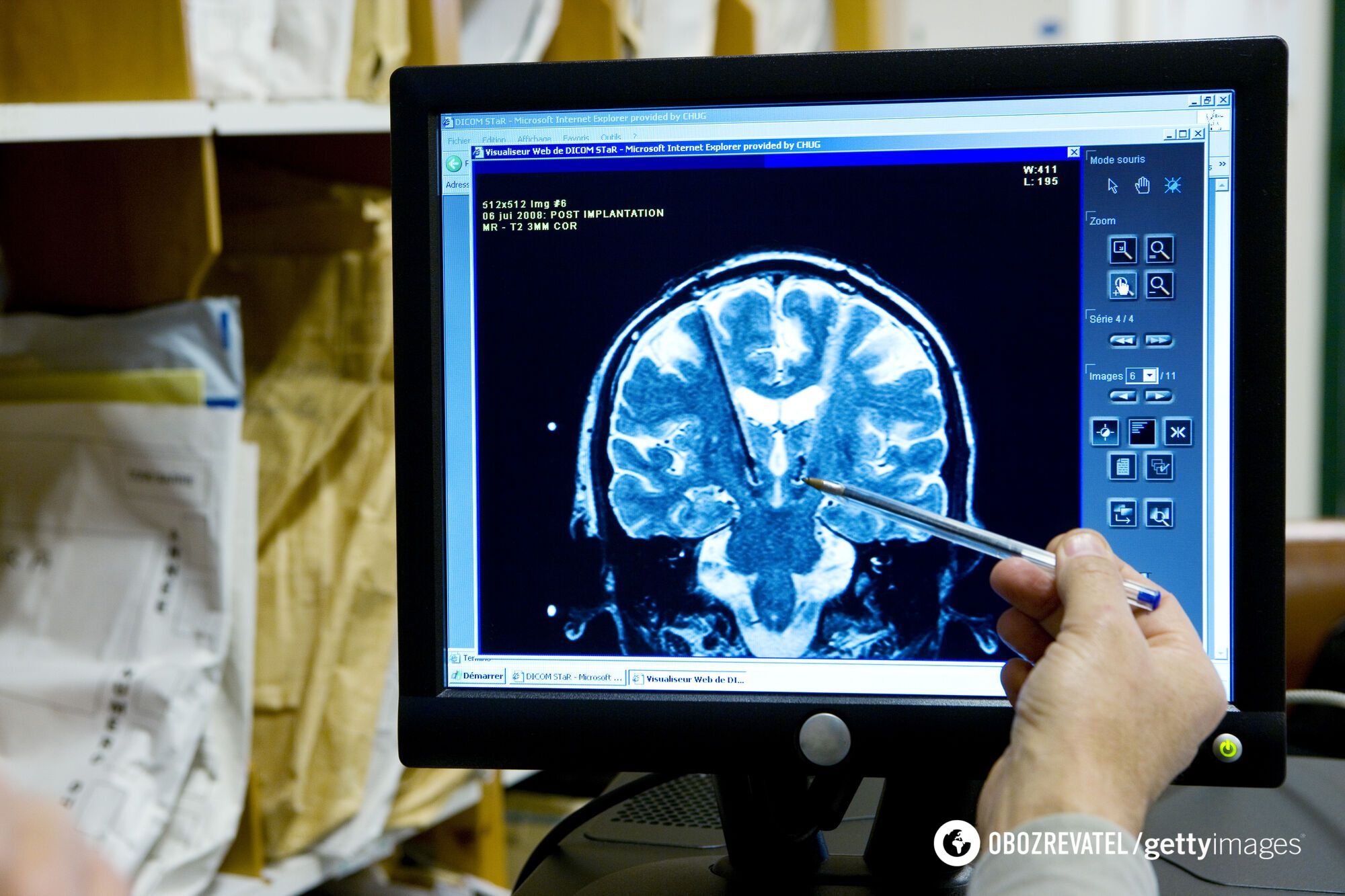News
For the first time, scientists have identified the place in the human brain where curiosity arises: it distinguishes us from animals
For the first time, scientists have investigated in which part of the human brain curiosity arises. Human curiosity drives us to search for truth much more broadly than animals do.
New research can help us better understand how people live. It could also potentially lead to the treatment of conditions that lack curiosity, such as chronic depression, ScienceAlert writes.
The discovery was made by researchers at Columbia University in the United States. They used functional magnetic resonance imaging (fMRI) scans to measure oxygen levels in different parts of the brain and understand how busy each area is at any given time.
"This is really the first time that we can link a subjective sense of curiosity about information to how your brain represents that information," says neuroscientist Jacqueline Gottlieb.
During the experiments, the researchers provided 32 participants with special images called texforms, in which familiar objects and animals were distorted. The volunteers were asked to rate their confidence and curiosity in identifying the theme of each texform.
These results were cross-compared with fMRI scans. The notable activity was seen in three areas of the brain: the occipitotemporal cortex (associated with vision and object recognition), the ventromedial prefrontal cortex or vmPFC (which controls perceptions of value and confidence), and the anterior cingulate cortex (used for information gathering).
The researchers suggest that the vmPFC acts as a neurological bridge between confidence levels recorded by the occipitotemporal cortex and subjective feelings of curiosity. The less confident the participants were about the image object, the more curious they were.
In addition to the potential therapeutic value, the researchers also want to explore how these findings can be applied to other types of curiosity beyond image identification: curiosity about trivia and facts, or social curiosity about the activities of others.
Scientists emphasize that curiosity is a fundamental part of human existence, and key to our survival as a species. Without it, we don't learn and assimilate new information as well, and there is evidence that it also drives biodiversity.
"Curiosity has deep biological origins. What sets human curiosity apart is that it drives us to explore much more widely than animals do. And often it is simply because we want to find out something, not because we are looking for material rewards or benefits for survival," Jacqueline Gottlieb summarized.
Only verified information is available on our Telegram channel OBOZ.UA and Viber. Do not fall for fakes!






























